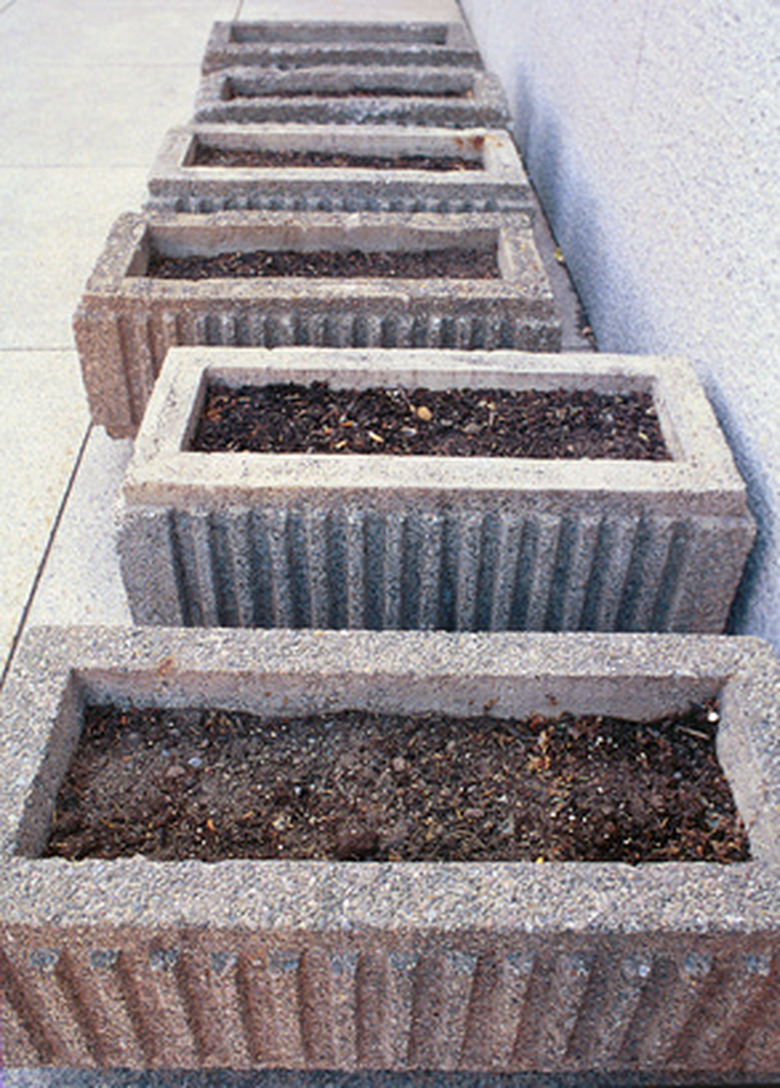Vermiculite Dangers
Vermiculite has many uses, from insulation to swimming pools. You're probably familiar with this mica-like mineral as a potting mix additive: it breaks up the soil, providing better aeration, and it retains water and fertilizer. It's also a pH-neutral way to add calcium and magnesium. But some people might wonder if vermiculite is safe.
Asbestos Contamination
Asbestos is a fibrogenic dust, which, if inhaled, can cause lasting damage to the lungs. It is also a known carcinogen. While vermiculite does not inherently contain asbestos, it has become popularly associated with the risk of asbestos inhalation to the point that some gardeners will not use it at all. This association originates in a mine near Libby, Montana, which supplied over 70 percent of all vermiculite available in the U.S. from 1919 until the mine's closure in 1990. A nearby deposit of asbestos contaminated the product and cast suspicion over the entire vermiculite industry.
- Vermiculite has many uses, from insulation to swimming pools.
- While vermiculite does not inherently contain asbestos, it has become popularly associated with the risk of asbestos inhalation to the point that some gardeners will not use it at all.
Most of the risk today from vermiculite stems from insulation installed in houses while the Libby mine was in operation. Your potting soil additive is probably safe. If you want to be completely sure, purchase vermiculite that has been certified asbestos free.
Respiratory Irritation
According to its material safety data sheet (MSDS), uncontaminated vermiculite is only classified as a "nuisance dust." This category, also known as "inert dust," contains less than 1 percent quartz. Such a low silicate content makes it largely harmless to the lungs; if you breathe it, you won't suffer irreversible damage. But breathing it constantly or in excessive concentrations can cause deposits to accumulate in respiratory passages, irritating them and making your cough.
- Most of the risk today from vermiculite stems from insulation installed in houses while the Libby mine was in operation.
- Such a low silicate content makes it largely harmless to the lungs; if you breathe it, you won't suffer irreversible damage.
To reduce the amount of vermiculite you inhale, handle it in only in well-ventilated areas and wet it down as soon as possible. A dust mask and gloves are never bad ideas.
Eye Irritation
Nuisance dust may also get in your eyes and cause irritation there. Don't rub your eyes if this happens; instead, rinse your eyes with water. To prevent dust getting in your eyes, wear protective goggles.
